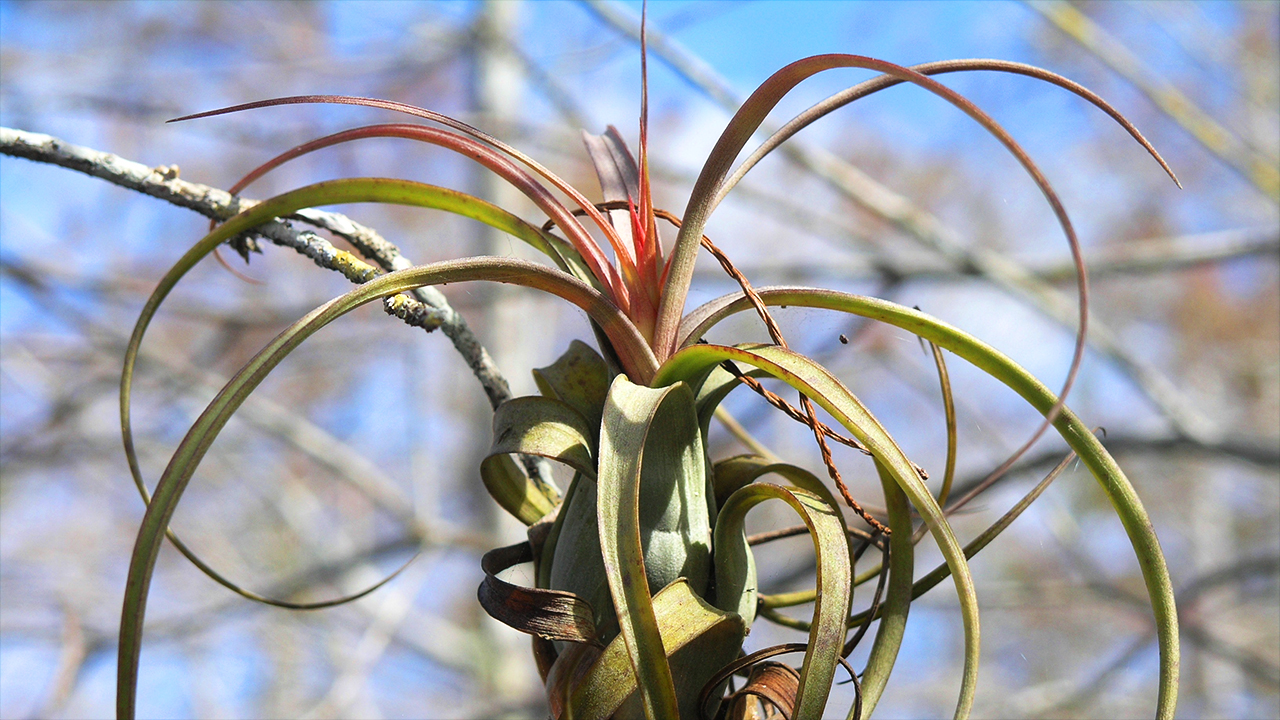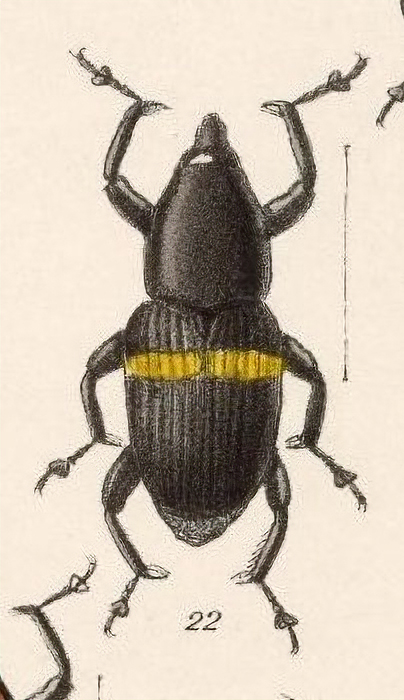Florida’s bromeliads are facing a serious threat due to an invasive species known as the Mexican bromeliad weevil (Metamasius callizona).
Since its introduction to Florida in the 1980s, this small but destructive insect has decimated large populations of native bromeliads.
The weevil larvae burrow into the plants, causing them to rot from the inside out, and many species of Florida’s bromeliads are now at risk of extinction, particularly in the Everglades and other natural habitats.
These unique plants play a vital role in Florida’s ecosystems, serving as habitats for various insects, frogs, and other wildlife, making the effort to save them not just about preserving the plants themselves, but protecting entire ecosystems.
In response to this crisis, several conservation efforts are underway.
Organizations such as the Florida Council of Bromeliad Societies (FCBS) and various state agencies are working together to protect and propagate the most threatened species.
Efforts include biological control strategies, such as introducing a parasitic fly that targets the weevil, and cultivating bromeliads in nurseries for reintroduction into the wild.
Research into understanding the life cycle of both the weevil and the bromeliads has been crucial in informing these strategies.
Public awareness campaigns also play an essential role in preventing the spread of the weevil by educating people on how to care for bromeliads responsibly.
Discover Beautiful Flowers, Expert Gardening Tips & Interesting Plant Science!
By submitting this form, you are consenting to receive marketing emails from: . You can revoke your consent to receive emails at any time by using the SafeUnsubscribe® link, found at the bottom of every email. Emails are serviced by Constant Contact

About The Author
John Bagnasco has been in the gardening industry for over 50 years, starting with a horticulture degree from Michigan State University and following a stint at Frank’s Nursery and Crafts in Detroit.
After publishing his first book “Plants for the Home Vol. I” in 1976, he moved to California to become regional manager and buyer for the Nurseryland division of Sunbelt Nursery Group.
He then became the head buyer for Armstrong Garden Centers based in Glendora, California. John had a part-time affiliation with Creative Promotions for ten years before joining them full-time in October 2000 as a senior editor and radio personality for Garden Compass.
John has also taught horticulture classes at Palomar College and San Diego State University.
He is the host of the DVD “The Essential Guide to Roses,” which also features Bryan Main and Bruce and Sharon Asakawa.
His most recent book is “Planting Designs for Cacti and Succulents”.
Currently, John is a co-host on “Garden America,” an interactive live gardening show that additionally provides podcasts of the broadcasts accessible on all major platforms.
You can contact John here.


